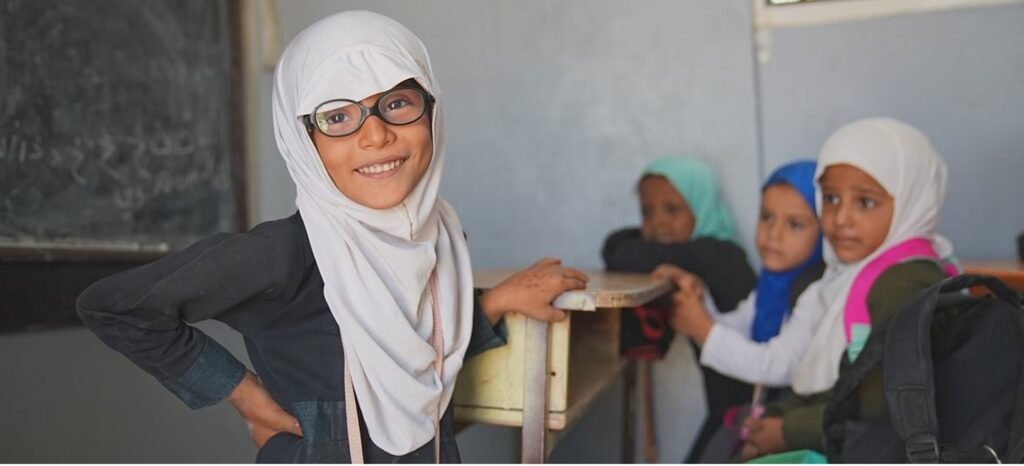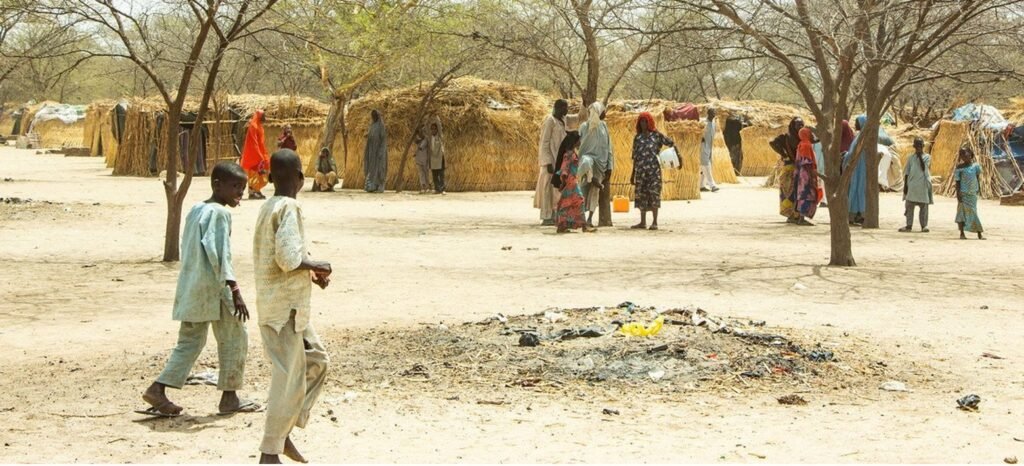World getting a ‘failing grade’ on Global Goals report card

UN Photo/Manuel Elías
UN Secretary-General António Guterres highlighted that, by international humanitarian law, safeguarding healthcare institutions is essential. He cautioned that assaults on medical facilities and personnel drastically restrict the medical and psychological assistance provided to survivors, affecting both genders equally. Following sexual assault, women and girls may need immediate access to sexual and reproductive healthcare. At the same time, men and boys may experience increased isolation if they cannot receive the necessary care. Reiterating the worldwide concern, Guterres stated that increasing violence in Haiti has left 60% of hospitals barely functioning and that 67% of health facilities in war zones in Sudan have closed. Pramila Patten, the UN Special Envoy on Sexual Violence in Conflict, denounced these assaults as breaches of international law and emphasized the necessity of safeguarding medical facilities. Sexual violence has a catastrophic effect on conflicts, and survivors must be included in decision-making processes, according to the UN Population Fund (UNFPA). Noting the devastation of lives and human rights caused by sexual violence, UNFPA Executive Director Natalia Kanem urged group action to put an end to it. The United Nations organized events to help survivors and promote awareness on the International Day for the Elimination of Sexual Violence in Conflict. The 2008 Security Council resolution denouncing sexual assault as a weapon of war was adopted on this day.
Record levels of displacement amid global conflict and environmental disasters

© UNHCR/Houssam Hariri
Due to natural catastrophes, and climate change, 76 million people have left war making the number of internally displaced persons (IDPs) in the world record high. IDPs are people who stay inside their own countries, as opposed to refugees who cross borders. Millions of IDPs live in nations including Sudan, Syria, and the Democratic Republic of the Congo as a result of ongoing conflict. Even more so are natural disasters like earthquakes and floods. Many IDPs have been stuck in displacement for years, and the UN is concerned about their long-term circumstances. The UN’s humanitarian operations help millions, but more long-term solutions are needed. By stopping further displacement, providing improved protection and aid to IDPs, and identifying long-term solutions, the UN Secretary-General’s Action Agenda seeks to halt this cycle. The UN further encourages member nations to establish a forum specifically for addressing this issue more efficiently.
Climate change fuels tensions in Nigeria

IOM/Jorge Galindo
Mohamed Malick Fall, UN Resident and Humanitarian Coordinator in Nigeria emphasized the country’s extreme climate change effects, pointing out that shocks linked to the changing climate are driving people to flee their homes and escalating conflicts, especially between ranchers and farmers. Communities that raise cattle are compelled by this dilemma to look for better pastures. The northeastern part of Nigeria appears to have contained the Boko Haram insurgency, and things are getting better there. 37% of internally displaced individuals, including 67% in Borno state, want to go back to their place of origin, according to a UN IOM survey. Improved security and home reconstruction have led about 38% of respondents to want to stay in their existing areas. Inflation is still high and has an impact on living standards and food costs even with the government’s “Renewed Hope” program bringing about economic improvements. The UN is coordinating its activities with governmental priorities, emphasizing humanitarian interventions to enhance lives and advancing the Sustainable Development Goals (SDGs).
Adequate healthcare is crucial to support survivors of sexual violence

© WHO/Lindsay Mackenzie
António Guterres, the secretary-general of the UN, emphasized the significance of keeping medical institutions safe during hostilities. Sexual assault survivors and other vulnerable populations have limited access to medical care due to attacks on these facilities. For instance, 67% of Sudan’s medical facilities remain closed in areas devastated by conflict. For victims of sexual assault, who may require vital medical services and support, this lack of access to healthcare can have serious repercussions. The destructive effects of sexual violence in conflicts were also highlighted by the UN Population Fund (UNFPA). They emphasized that sexual assault is a war crime that needs to be prosecuted and that survivors’ voices need to be heard in choices about peace and security. The International Day for the Elimination of Sexual Violence in Conflict was declared by the UN General Assembly on June 19. The goal of the day is to demonstrate support for survivors and increase awareness of this issue.
References
https://news.un.org/en/story/2024/06/1151606
https://news.un.org/en/story/2024/06/1151361



